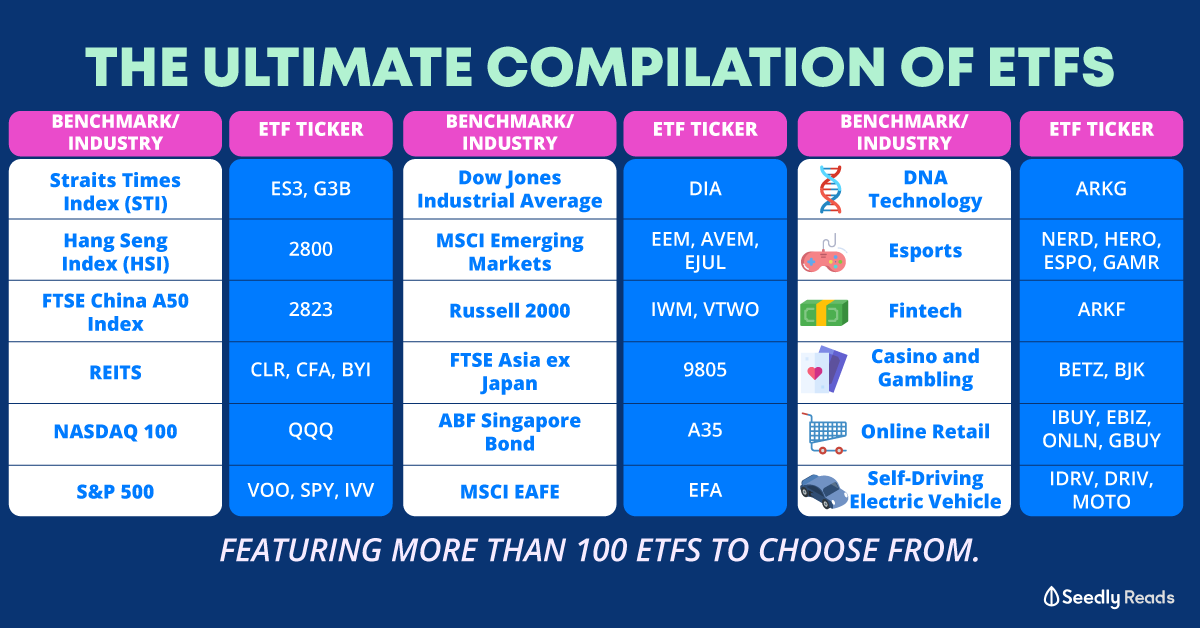I can't fully reply on behalf of the good folks at DFA, maybe some of the top guys and gals from Providend, MoneyOwl, and EndowUs who have a closer relationship with them could chime in, but I am an approved distributor of DFA funds as well, so here are my thoughts.
My take is in 2 parts.
1) Marketing & Advertising costs. Effectively, DFA doesn't pay any trailer fees. That's one of the biggest reasons why they're cheaper than most actively managed mutual funds. Trailer fees are sort of a marketing cost to make sure financial advisors and fund platforms help promote their funds as it forms part of the commissions.
If DFA doesn't pay trailers, they also wouldn't want to spend money on marketing and advertising. Effectively, DFA is almost getting these funds distributed for free because they don't actually pay advisors at all. Advisors will only get paid by the client through an advisory or wrap fee.
Since DFA is relatively less popular than other fundhouses like Vanguard or Blackrock, they'd have to spend quite a lot of money to distribute their funds directly.
2) Knowledge. Dimensional prides themselves as a research first, evidence backed, fund house that creates strategies that expose market exposures to the drivers of expected return aka Dimensions.
These concepts of small vs big, value vs growth, credit and term premium spreads can be a little complex to explain to retail equity and fixed income investors. They've relied on the expertise of their approved advisors who they also train very well to help explain these concepts to clients.
As a research first company, they might not want to spend a lot on their own distribution and communication network to be client facing. I believe they'd much rather keep doing what they do best. Going through the data and building portfolio strategies that work.
In the current world of low cost and passive management, it's getting increasingly difficult for traditional fund houses who sell a lot of active management and pay for effective distribution to compete.
So when you're still active management but want to fight on cost, you have to not pay for marketing and distribution as much as possible. Again, advisors who distribute for them, effectively are doing it for free by not receiving a trailer.









I can't fully reply on behalf of the good folks at DFA, maybe some of the top guys and gals from Providend, MoneyOwl, and EndowUs who have a closer relationship with them could chime in, but I am an approved distributor of DFA funds as well, so here are my thoughts.
My take is in 2 parts.
1) Marketing & Advertising costs. Effectively, DFA doesn't pay any trailer fees. That's one of the biggest reasons why they're cheaper than most actively managed mutual funds. Trailer fees are sort of a marketing cost to make sure financial advisors and fund platforms help promote their funds as it forms part of the commissions.
If DFA doesn't pay trailers, they also wouldn't want to spend money on marketing and advertising. Effectively, DFA is almost getting these funds distributed for free because they don't actually pay advisors at all. Advisors will only get paid by the client through an advisory or wrap fee.
Since DFA is relatively less popular than other fundhouses like Vanguard or Blackrock, they'd have to spend quite a lot of money to distribute their funds directly.
2) Knowledge. Dimensional prides themselves as a research first, evidence backed, fund house that creates strategies that expose market exposures to the drivers of expected return aka Dimensions.
These concepts of small vs big, value vs growth, credit and term premium spreads can be a little complex to explain to retail equity and fixed income investors. They've relied on the expertise of their approved advisors who they also train very well to help explain these concepts to clients.
As a research first company, they might not want to spend a lot on their own distribution and communication network to be client facing. I believe they'd much rather keep doing what they do best. Going through the data and building portfolio strategies that work.
In the current world of low cost and passive management, it's getting increasingly difficult for traditional fund houses who sell a lot of active management and pay for effective distribution to compete.
So when you're still active management but want to fight on cost, you have to not pay for marketing and distribution as much as possible. Again, advisors who distribute for them, effectively are doing it for free by not receiving a trailer.